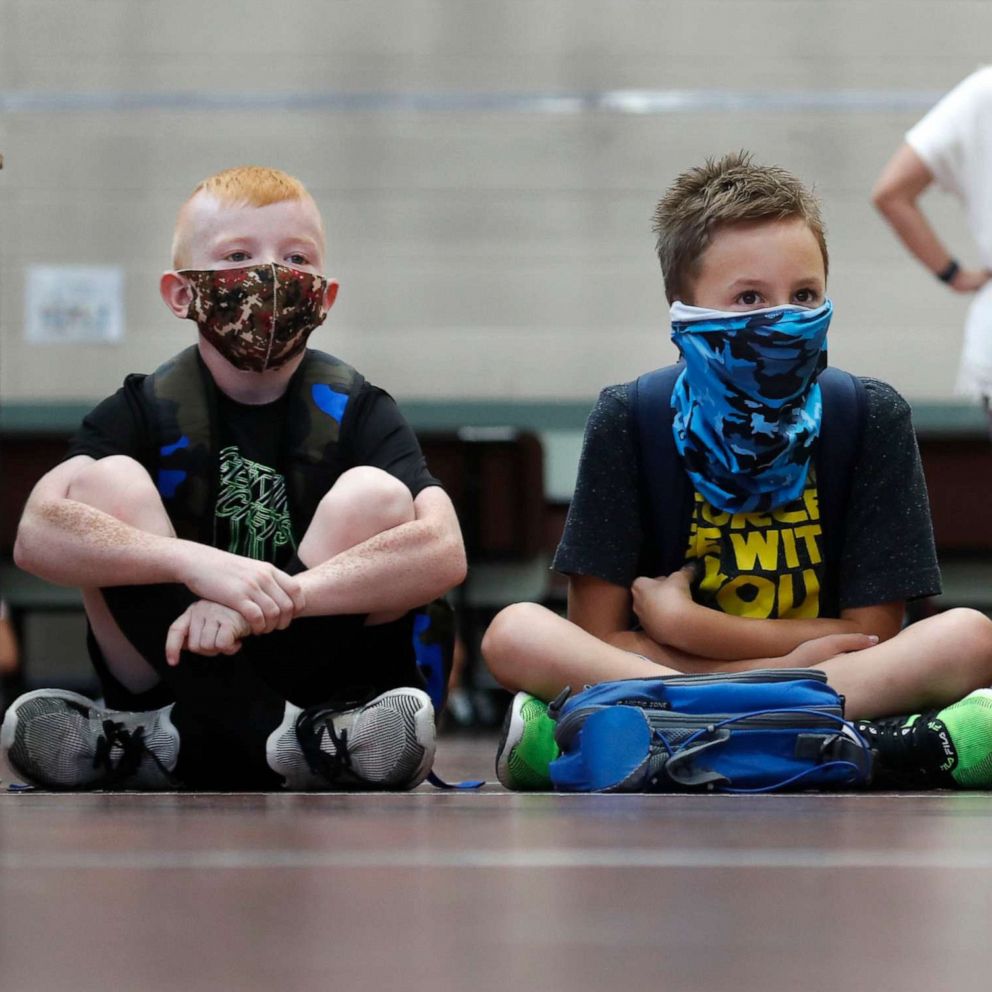'Shock hair loss' linked to coronavirus pandemic stress
The stress of the coronavirus pandemic is causing people's hair to fall out in a phenomenon doctors are calling "shock hair loss."
"There's no symptoms, there's no itching, there's no pain," Dr. Shilpi Khetarpal, a dermatologist at the Cleveland Clinic, told "Good Morning America." "They're just seeing more hair on the pillow on their clothes in the shower and it can be pretty distressing."
"I think as time goes on and the stress continues from this, we're going to be seeing more cases," she said.
Shock hair loss can take three to four months to appear after the onset of a stressor. Doctors say it is not an unusual condition, but with financial stress, anxiety and other emotional shocks on the rise due to the global pandemic, the stress of it all can lead to physiologic changes that push up to 50% of your hair prematurely into what is called a shedding phase.
"If you look at the life cycle of a follicle, basically think of it in three stages," said Dr. Jennifer Ashton, a board-certified OBGYN and ABC News chief medical correspondent. "There's a growing phase, a resting phase and a shedding phase. When you see a lot of shedding, that's when people perceive hair loss."
Shock hair loss is often due to psychological and emotional stress and is different than the type of hair loss that women may experience after childbirth, for example, that is due to physiologic or physical stress, according to Ashton.
Specialists say although just being emotionally or psychologically stressed out isn’t enough to cause hair loss, severe emotional stress can affect sleep, diet and overall physical health in a severe enough way that can trigger hair loss
Shock hair loss may be diagnosed through a clinical exam and perhaps lab tests or by doctors excluding inflammatory causes of hair loss, like alopecia areata.
There are ways to minimize the effects of excessive hair shedding, according to doctors. Everything from exercise to a well-balanced diet that is focused on protein can help, along with making sure you're getting enough iron in your diet or through supplements.
Shock hair loss also usually resolves itself after a period of time, according to Khetarpal.
"It typically lasts anywhere from three to nine months," she said. "And most of the time, in six months, it resolves on its own, and the hair does come back."








